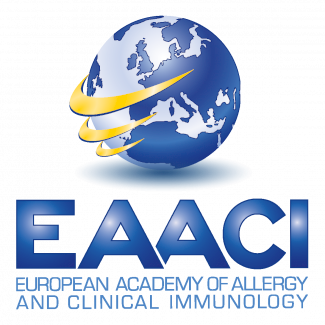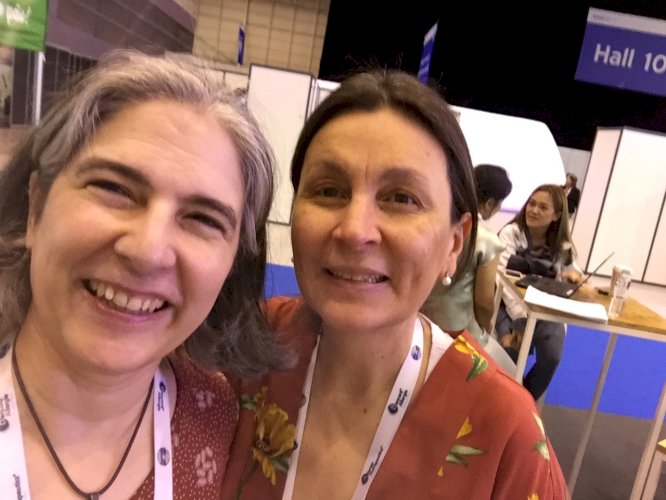|
Help EAACI identify how we can better assist you in allergic diseases management and assess your interest and educational needs on this topic. Over the last few decades, considerable advances have been made in understanding allergic diseases in terms of etiology, immunology, diagnosis, and treatment. Few medical faculties regard allergology as a specific and complete subject area, and as a result undergraduate training in this field is deficient. However, in daily clinical practice, most, if not all, allergic patients are assessed first by primary care physicians who may have had scant preparation in the field of allergic diseases. The World Health Organization has warned about this gap between knowledge and practice. Consequently, the WAO presented its position paper “Recommendations for Competency in Allergy Training for Undergraduates Qualifying as Medical Practitioners”[1]. In Europe, about 30% of the population suffers from an allergic disease and this prevalence continues to increase. Training in allergology among our medical students is clearly open to improvement. Greater knowledge of these diseases would result in more rapid diagnosis, more adequate treatment, and better quality of life for those who suffer from allergic diseases. Primary care (PC) has the opportunity to reinforce its role in health care as the first point of contact for patients with allergic symptoms. PC education of allergy at undergraduate and post graduate levels needs to be improved to increase the efficiency of our health systems. The European Academy of Allergy and Clinical Immunlogy (EAACI) has a special interest group within WONCA Europe. The EAACI working group on PC recognizes the needs and concerns of our partners: the scientific community, health systems and society in general with regards to initiatives to improve:
Although some regional scientific allergy societies and some allergy services from tertiary hospitals have developed continuous medical education on this topic, it is necessary to understand the context and know the needs perceived by primary care professionals on this topic. A previous EAACI primary care working group survey on educational needs was carried out from June to September 2014 and the results were reported in 2017. In this study, self-declared gaps in knowledge were expressed for most manifestations of allergy with a correspondingly high self-expressed educational need [2]. As diagnosis and management of allergic diseases are in constant evolution, the EAACI WG on PC invites all members of WONCA Europe to participate in this survey as the Board would like to update current educational needs from European GP’s in order to support educational initiatives and service delivery. In recognition of your time and effort, you will be entered into a draw to win a free registration to the EAACI Annual Congress 2020, the largest allergy meeting in the world to be held in London (see end of questionnaire). Deadline for completion is 31 October 2019. Fill in the survey at the following link:
With best wishes from Dr. Elizabeth Angier (GP) and Dr. Martha Cabrera, MD. PhD (Allergist) |
|
Piece submitted by Martha Cabrera. MD, PhD |



